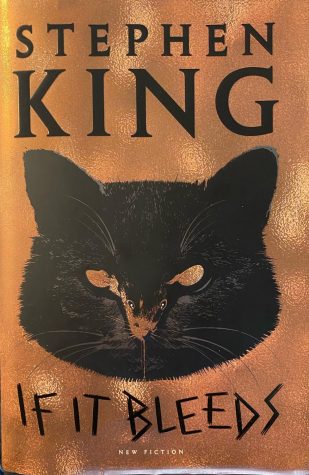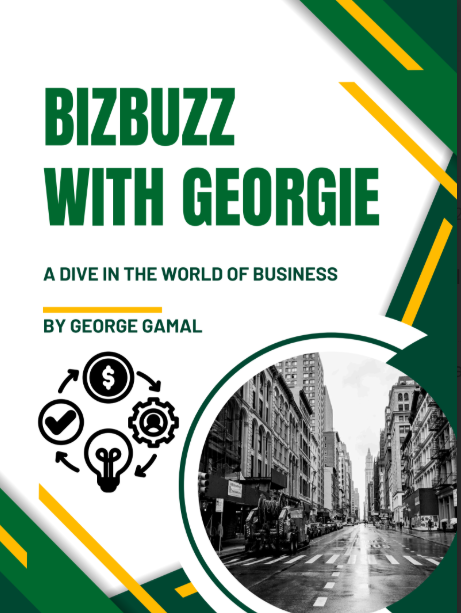Reed Books: Mr. Harrigan’s Phone
June 13, 2021
“Mr. Harrigan’s Phone” is a short story from Stephen King’s 2020 collection If It Bleeds. The story follows a teenager named Craig in a small town, who befriends an old man, Mr. Harrigan, and buys him a cell phone. When Mr. Harrigan dies, Craig sneaks his phone into his suit pocket before his burial on a whim, and texts him after the funeral to complain about a school bully. A few days later, the bully is found dead of suicide.

I don’t want to go farther into the plot, but the story is short enough that I don’t need to, and I mean that in a good way. “Mr. Harrigan’s Phone” perfectly captures King’s new favorite writing tool: brevity.
King was never known for complicated metaphors or deep philosophy, but that didn’t stop him from writing some of the longest popular books ever written. Two of his most famous works, It and The Stand, clock in at 1,138 and 823 pages, respectively. While those may be impressive numbers, most readers can’t slog through so many words while maintaining their emotional investment in the story. That’s not on the audience; that’s on King for equating quantity with quality.
Fortunately, “Mr. Harrigan’s Phone” is the short story that it advertises itself to be, taking up only 88 pages in the collection. The writing is to the point without being simple, and keeps the reader in suspense while turning the pages.
What makes the story so creepy, despite there being no gore or real violence, is that it leaves so much unsaid. Craig ends the story as an adult when he throws his phone away, refusing to contact Mr. Harrigan again, letting him rest in silent peace. He never does figure out if the deaths he associates with Mr. Harrigan are supernatural, but decides he never wants to know. In the last paragraph of the story, he explains that “…there are a great many things I’m not sure of. Reality itself, for a start” (88). Craig knows that the central question of the story is left unanswered, but makes peace with it, in the same way that King asks us to make peace with this cliffhanger.
Hopefully this is indicative of King’s new style. His darker, drug-ridden 80’s days are bookended with genuinely well-written literature, and it’s nice to see him on the other side of the valley.















































